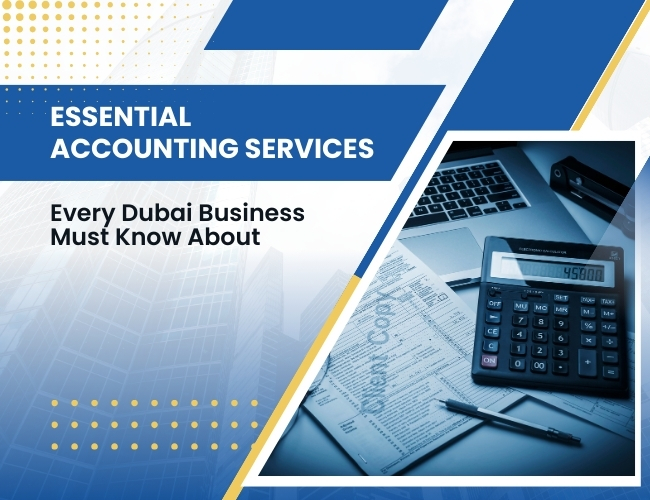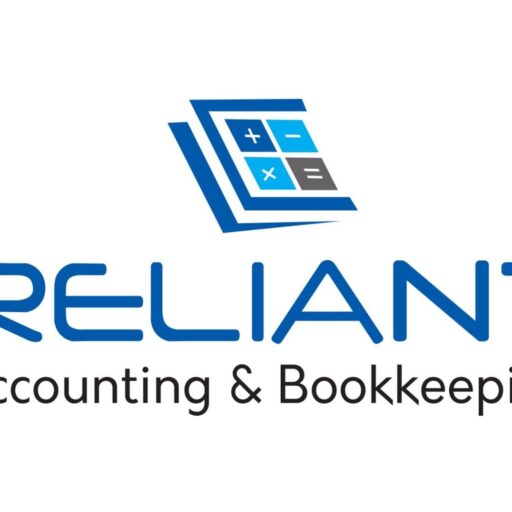Accounting Service in Dubai: What You Need to Know About UAE Tax Rules
As Dubai continues to flourish as a global business hub, the demand for reliable accounting services in Dubai has surged. From small startups to multinational corporations, businesses need accurate financial reporting and compliance with UAE’s evolving tax regulations. This blog explores what you should look for in accounting services and breaks down the key tax rules (TA rules) every business owner should know.
Why Businesses in Dubai Need Professional Accounting Services

Dubai’s business environment is known for its flexibility and investor-friendly policies. However, to operate efficiently and stay compliant, proper accounting is not optional—it’s essential. Hiring a professional accounting service in Dubai ensures:
-
Accurate bookkeeping and financial statements
-
Compliance with Federal Tax Authority (FTA) regulations
-
Timely filing of Value Added Tax (VAT) returns
-
Risk management and internal control systems
-
Financial forecasting and strategic planning
Whether you’re setting up a Free Zone company or a mainland entity, expert accountants help you navigate complex financial matters while staying aligned with the latest regulatory updates.
Understanding UAE Tax Rules (TA Rules)
The UAE has made significant strides in formalizing its taxation system. Here’s a simplified breakdown of the most critical tax rules that impact businesses in Dubai:
1. Value Added Tax (VAT)
Introduced in 2018, VAT is levied at a standard rate of 5% on most goods and services.
-
Businesses with an annual turnover exceeding AED 375,000 must register for VAT.
-
Quarterly VAT returns must be filed with the Federal Tax Authority (FTA).
-
Input and output VAT must be properly recorded to avoid penalties.
2. Corporate Tax
As of June 2023, a 9% corporate tax is applicable to businesses with a net profit exceeding AED 375,000.
-
Free Zone companies may be exempt if they meet certain conditions.
-
Businesses must maintain audited financial statements for corporate tax purposes.
-
Transfer pricing and economic substance regulations may apply.
3. Excise Tax
This applies to products that are harmful to human health or the environment, such as:
-
Tobacco products
-
Energy drinks (100% tax)
-
Carbonated beverages (50% tax)
If your business deals in excisable goods, you must register for excise tax and comply with reporting requirements.
4. Economic Substance Regulations (ESR)
Companies engaged in certain “relevant activities” must:
-
File ESR notifications
-
Submit ESR reports annually
-
Demonstrate substantial economic presence in the UAE
Relevant activities include banking, insurance, investment fund management, shipping, and more.
Choosing the Right Accounting Partner in Dubai

Here’s what to look for in a trustworthy accounting firm:
-
FTA-compliant systems and software
-
Experienced VAT and corporate tax advisors
-
Industry-specific expertise
-
Multilingual support, especially Arabic and English
-
Cloud-based accounting solutions for real-time reporting
Working with a local expert ensures that your business remains tax-compliant while maximizing efficiency and profitability.
Final Thoughts
With the UAE’s tax environment becoming more structured, businesses must prioritize compliance more than ever. Investing in a professional accounting service in Dubai not only protects your company from fines and penalties but also positions you for growth in a competitive market.
If you’re launching or scaling your business in Dubai, make sure your accounting partner understands both the numbers and the rules behind them.




